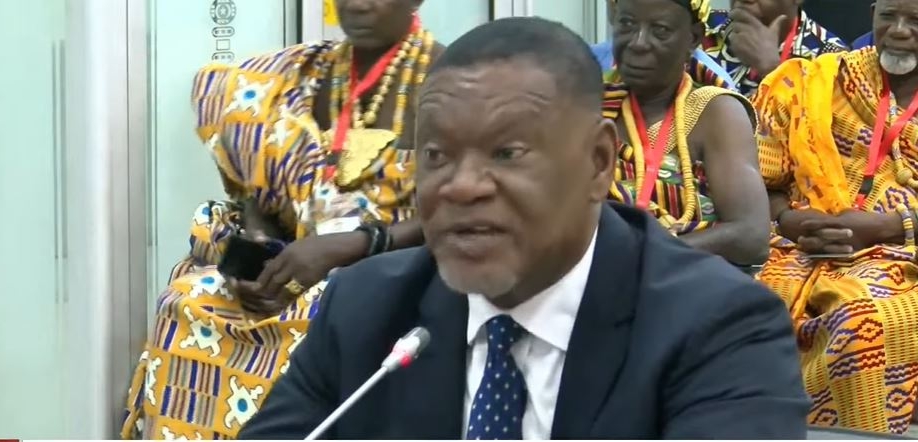Supreme Court nominee, Justice Senyo Dzamefe, has thrown his support behind calls for the decentralisation of legal education in Ghana, but insists that any reforms must preserve the high standards traditionally associated with the profession.
Speaking during his vetting before Parliament’s Appointments Committee, Justice Dzamefe noted that while greater access to legal training is important, it must not come at the cost of quality.
“We have to weigh two things – quality as against quantity,” he said. “I support the decentralisation of legal training, but we must not compromise on the standard of training provided.”
Drawing on his experience as a former member of the General Legal Council, Justice Dzamefe recalled that discussions around equity in legal education and parity in remuneration had been raised previously, leading to the establishment of a dedicated committee to address the matter.
“I remember very well when I was on the Council last year, this issue cropped up and a committee was set up to bring parity. They deserve equal remuneration and the perks that go with it,” he said.
“I support that, I think the committee is working on it. I don’t know whether the report is out yet.”
He also highlighted the strategic location of the Ghana School of Law in Accra, specifically at Makola, noting its proximity to the courts plays a critical role in the practical training of law students.
“I believe there was a reason the law school at Makola was built near the court,” he explained.
“The court is the lab where you go to do your practicals. It’s not just about passing exams – there must be training procedures in place,” he said.
Justice Dzamefe indicated that decentralisation could be successful only if the necessary infrastructure and regulatory frameworks are put in place to ensure the same quality of training across all institutions.
“If we have the facilities to regulate and make sure that the faculties are supervised to meet the required standards, then fine – why not? They can write one exam and, if they pass, they become lawyers. I’m for it, but we must watch the quality,” he stressed.
DISCLAIMER: The Views, Comments, Opinions, Contributions and Statements made by Readers and Contributors on this platform do not necessarily represent the views or policy of Multimedia Group Limited.
DISCLAIMER: The Views, Comments, Opinions, Contributions and Statements made by Readers and Contributors on this platform do not necessarily represent the views or policy of Multimedia Group Limited.

